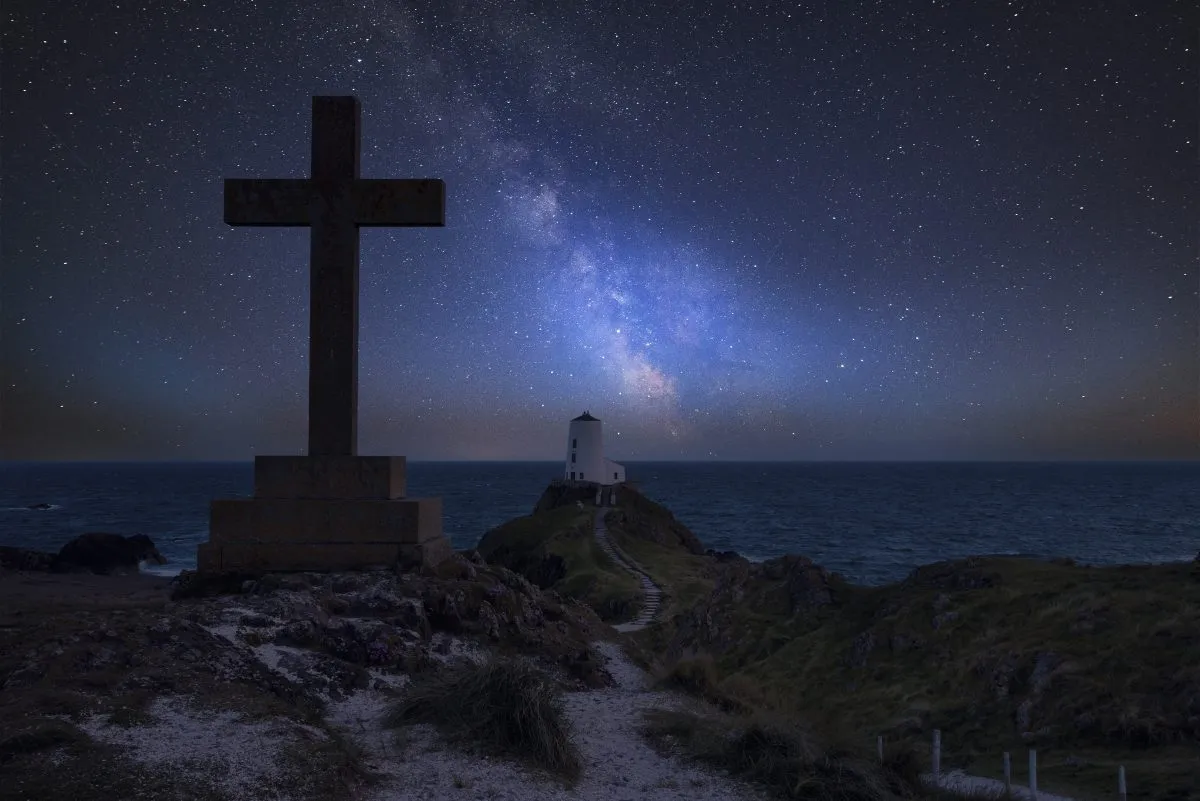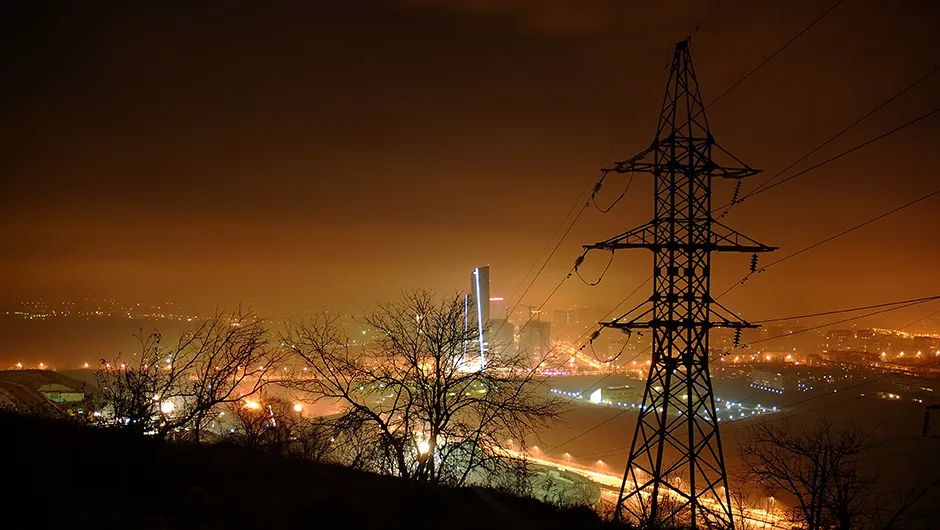“Do you work for Darth Vader?” That’s usually the first question that comes out of people’s mouths when I tell them I’m a Dark Sky Officer. Fortunately for me, I have a much better job than a Stormtrooper from Star Wars, working at the Dark Sky Reserve of Snowdonia National Park.
Humans evolved over centuries to respond to the natural cues of night and day. Then along came the electric light, and in just over 100 years we have rapidly altered our environment on a vast scale, leading to a phenomenon now well-known as light pollution.
With his invention of the light bulb Thomas Edison believed he had liberated humans from the need for sleep, and has been quoted as saying, “Sleep is a criminal waste of time, inherited from our cave days.”
Today we know the importance of sleep to human health, and through its disruption of circadian rhythms there is evidence that light pollution is a cause of issues such as depression, insomnia, diabetes and even some forms of cancer.
Snowdonia National Park Authority has formed an ‘allegiance of darkness’ with the 3 protected landscapes in North Wales: the designated Areas of Outstanding Natural Beauty (AONBs) of Anglesey, Llŷn Peninsula, and the Clwydian Range and Dee Valley.

Together we have created Prosiect Nos, a dark skies partnership dedicated to reducing light pollution and working to gain dark-sky protections for the AONBs via the International Dark-Sky Association (IDA).
Long-term satellite image data has shown that ALAN (Artificial Light At Night) is increasing 6% year on year. It is widespread, affecting 88% of Europe with only 2% of people in the UK experiencing truly dark skies where they live.
This means, unfortunately, that the majority of the population never get to stand under a starry night sky, gazing up in wonder.
In this reality the Milky Way is invisible, meteor showers are a disappointing no-show and constellations are shrouded in an impenetrable, clinical white cloak of street lighting – with perhaps only the promise of a Starlink satellite to pique the interest of would-be stargazers.
The natural world too is paying the price for our addiction to light, as 60% of our biodiversity depends on darkness to survive.
Light pollution disrupts natural cycles of breeding, confuses bird migratory patterns and wreaks havoc on our insects.

Ecologists have shown that in the UK, spring is appearing a whole week earlier due to light pollution. That’s why the work we are doing in North Wales is so vital.
The policies we are creating will ensure our skies are protected from future light pollution and what’s more, where possible, dark-sky-friendly lighting is being installed.
Wales already has the highest percentage of protected dark skies anywhere in the world (17.61%).
When the AONBs of Anglesey, Llŷn Peninsula and the Clwydian Range and Dee Valley receive their designations, an impressive 22.9% will be protected.
And they say Wales is stuck in the dark ages like it’s a bad thing!
Dani Robertson is a Dark Sky Officer for Snowdonia National Park and three Areas of Outstanding Natural Beauty. Find out more via @ProsiectNos on Twitter and Facebook.